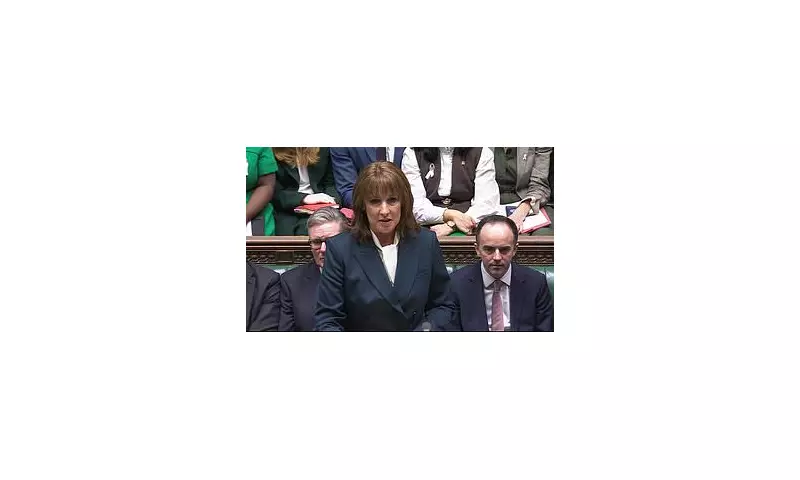
Chancellor Rachel Reeves has declared that the average household energy bill will fall by £150 per year starting next April. This move forms part of the government's strategy to tackle the cost of living, though it involves shifting some costs away from bills and onto the general taxpayer.
The End of the ECO Scheme
In a significant policy reversal, the Chancellor told the House of Commons she is scrapping the Energy Company Obligation (ECO) scheme, a legacy policy from the previous Tory government. Ms Reeves labelled the ECO a 'failed scheme,' stating it cost households £1.7 billion annually. She argued that for 97% of families in fuel poverty, the scheme had actually cost them more money than it saved.
'So, I am scrapping that scheme along with taking other legacy costs off bills,' she announced. 'And as a result, I can tell you today that, for every family we are keeping our promise to get energy bills down and cut the cost of living with a £150 cut from the average household energy bill from April.'
How the Savings are Achieved
The reduction will be delivered through a dual approach. Firstly, the government will cut by 75% the cost that energy suppliers pay for certificates to prove they have sourced electricity from renewable projects. Secondly, from April next year, it will abolish charges on bills that fund energy efficiency upgrades for lower-income households.
However, this is not a straightforward cut. In a fiscal manoeuvre, a portion of these savings will be transferred from bill-payers to the Exchequer, meaning the costs will be absorbed through general taxation and higher borrowing. The Office for Budget Responsibility (OBR) confirmed this shift, noting that the policy 'temporarily shifts a portion of the costs from domestic energy bills to the Exchequer, leading to higher borrowing.'
To compensate for scrapping the energy efficiency scheme, the government has simultaneously increased funding for the warm homes plan by £1.5 billion.
Reality Check: Savings and Rising Costs
While the government promotes a £150 saving, independent analysts offer a more modest forecast. Policy think tank Nesta and energy consultancy Cornwall Insight Ltd calculate the actual saving will be closer to £135. Furthermore, this cut comes against a complex backdrop of rising overall energy costs.
Last week, energy regulator Ofgem confirmed an increase in bills, driven largely by government policy and operating costs. Despite a four per cent fall in wholesale energy prices, the price cap is set to rise to £1,758 a year. This figure is £190 higher than when Labour entered power last year, a stark contrast to the party's pre-election pledge to cut bills by £300 over the course of this Parliament.
Shadow energy secretary Claire Coutinho criticised the move, stating, 'Labour promised to cut energy bills by £300 but they've gone up by £200 since they came to power.' She attributed the underlying cost pressures to Energy Secretary Ed Miliband's 'obsession with Net Zero,' highlighting the significant upfront cost of transitioning the UK's energy system from gas to renewables.
Looking ahead, energy bills are expected to face further pressure. Cornwall Insight calculations indicate an additional £57 rise from April due to higher charges for operating the UK’s energy grids.





